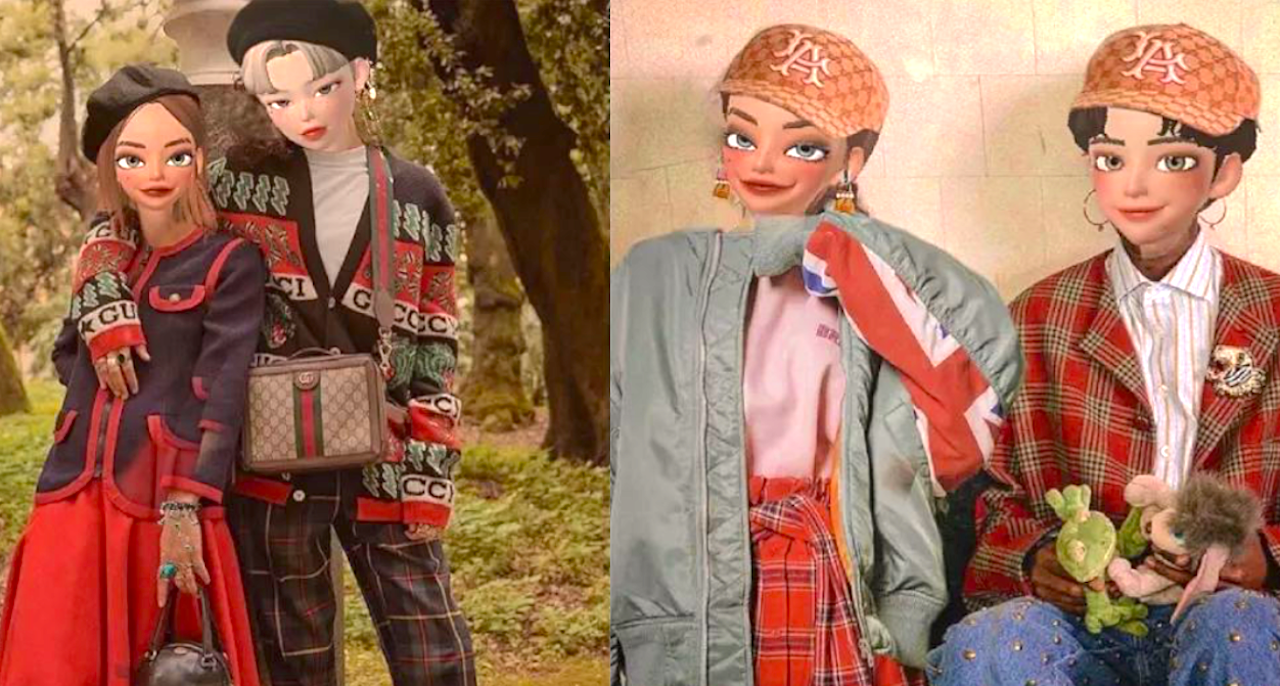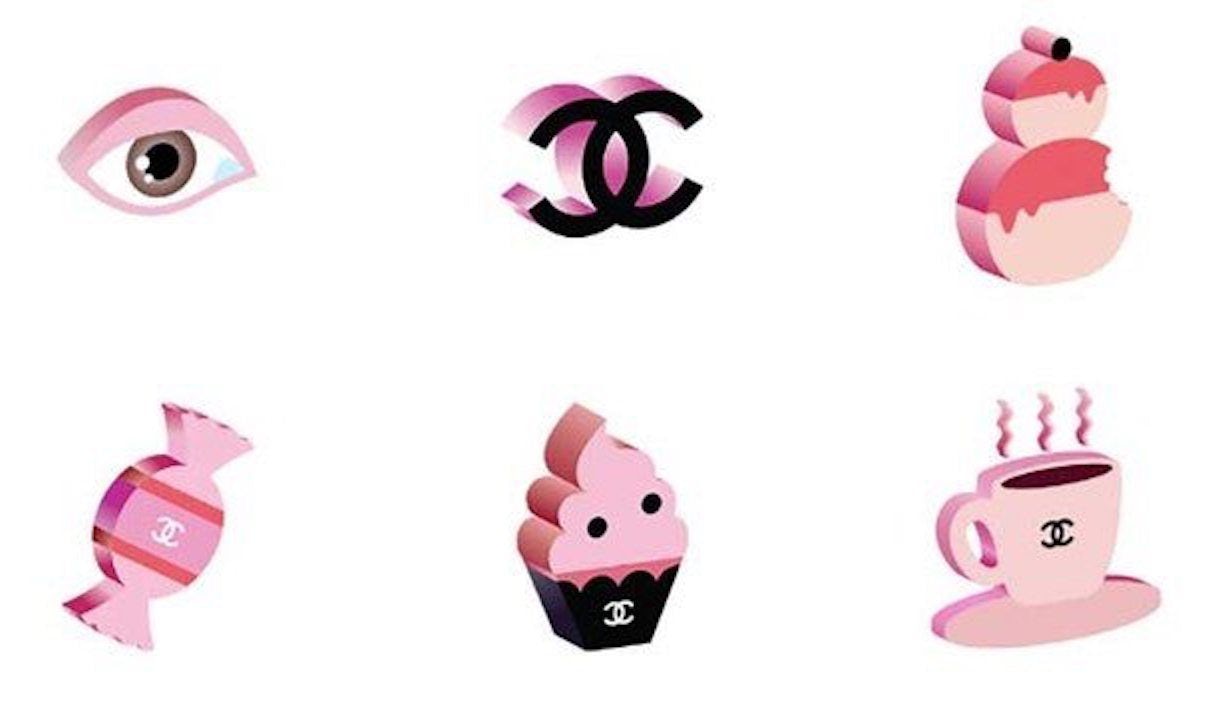Virtual influencers – computer generated brand ambassadors programmed with their own styles and opinions – aren’t new to luxury brands in China, especially ones that are wary of the erratic behavior and hefty price tags associated with flesh-and-blood celebrity influencers. But what if the thousands of fans of these luxury labels could all become virtual influencers for them? Thanks to a hugely popular new 3D avatar app called Zepeto, that kind of consumer engagement (and the free marketing that comes with it) is no longer simply a fantasy.
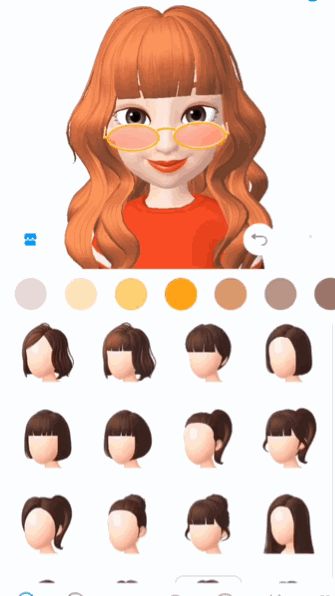
Zepeto is the latest product from South Korea’s Snow Corporation (whose parent company Naver also owns the Snapchat-like app Snow and the popular Asian messaging app Line), and it has become an overnight sensation in China this December. Zepeto lets you customize avatars with different virtual outfits, hairstyles, down to the user’s shape of freckles, keeping the app’s users infinitely entertained.
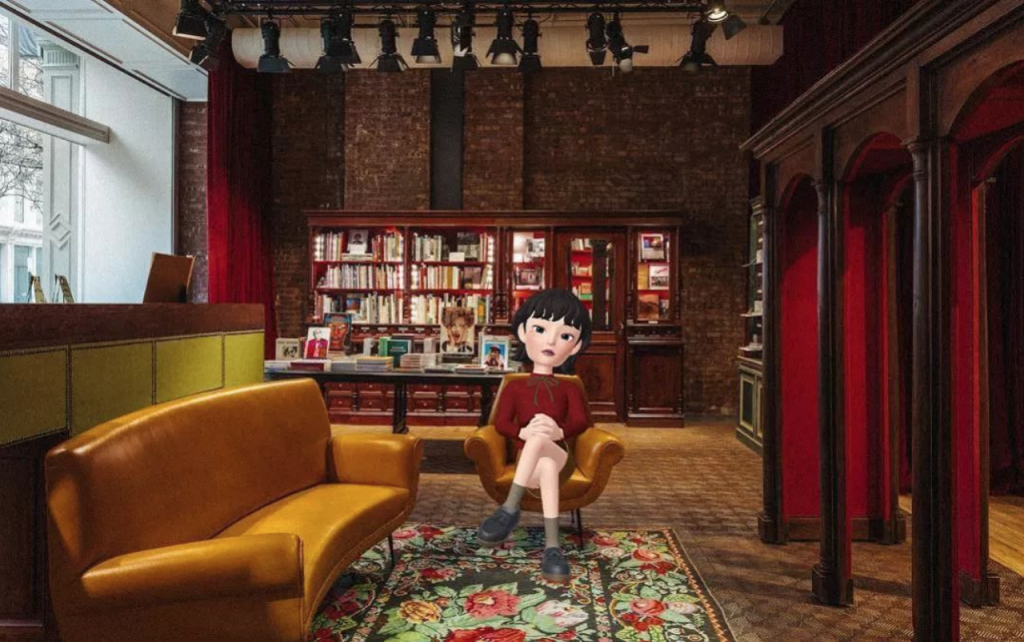
A few luxury brands saw Zepeto’s marketing potential almost immediately and have created content around the app. On December 20, Gucci collaborated with the WeChat KOL Liaobuqi Daily (了不起日报) by showing her Zepeto avatar traveling around the globe: from an art museum in Los Angeles to the new Gucci bookstore in New York City, and other locations listed on the brand’s travel guide, Gucci Places.
Virtual avatars aren’t a new concept for post-'90s Chinese netizens, many of whom still recall the QQ avatar that Tencent Qzone introduced back in the early 2000s. But Zepeto’s use of AI technology, which takes a headshot and automatically regenerates the user’s facial features in avatar form, has taken the avatar game to a new level of precision.
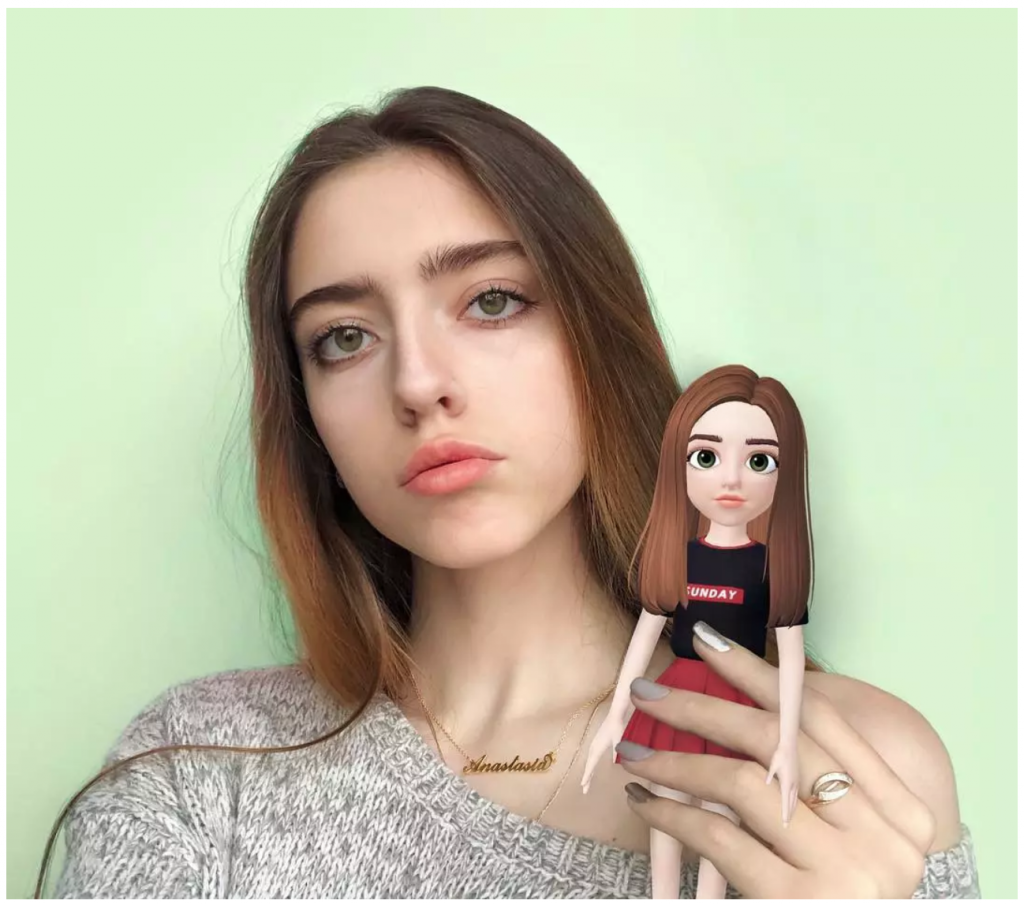
The app also utilizes Photoshop-like features to further blur the boundaries between reality and virtual reality. Users can put their avatars into real background photos or substitute their actual heads in photographs with their avatar heads (a slightly creepy yet fun feature). Because of these innovations, many app users have become inspired to post their own fashion shoots where they dress in beloved brands like Chanel or Balenciaga.
So far, difficulty opening Zepeto has been the biggest complaint about the app in China, mostly because there isn’t a localized Chinese version of the app available yet. Zepeto is becoming popular in the U.S. as well, but Westerners are concerned about privacy issues since the app appears to track user locations (although the privacy policy listed on the company’s site states that this isn’t the case).
Local companies that have witnessed the zooming popularity of Zepeto first-hand have been quick to copy it. Meitu, a China-based selfie-enhancing app, released an AI feature similar to Zepeto’s three days ago, and the Tencent-backed video app, Kuaishou, is now releasing their own AR avatar feature dubbed “Kmoji.”
But for brands, an even more interesting application of Zepeto could involve its potential for user-generated content. On Instagram, tons of users have already created their own Zepeto-styled fashion posts, and they’re forming communities around popular hashtags that publicize their favorite brands like #Zepetochanel (307 posts) and #Zepetogucci (193 posts). Meanwhile, the social feature "Discover tab" on Zepeto can amplify a brand’s message since users can virtually “meet up with” other Zepeto characters and initiate a chat, play games, or take virtual selfies together.
The app is currently free to download, but users must spend money to unlock the more customizable options. But exactly how deep are luxury houses willing to dive into the virtual avatar craze? It’s not a stretch to imagine brands peddling their virtual products on Zepeto, thanks to generations of virtually-obsessed netizens in China.
